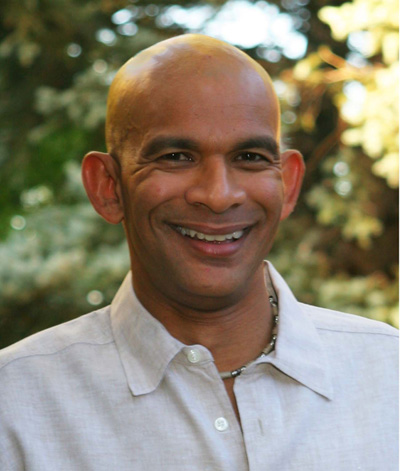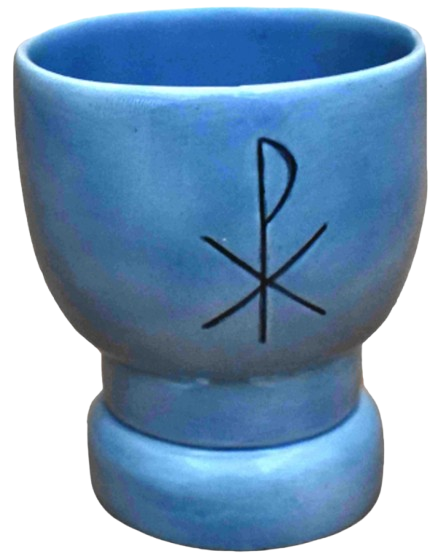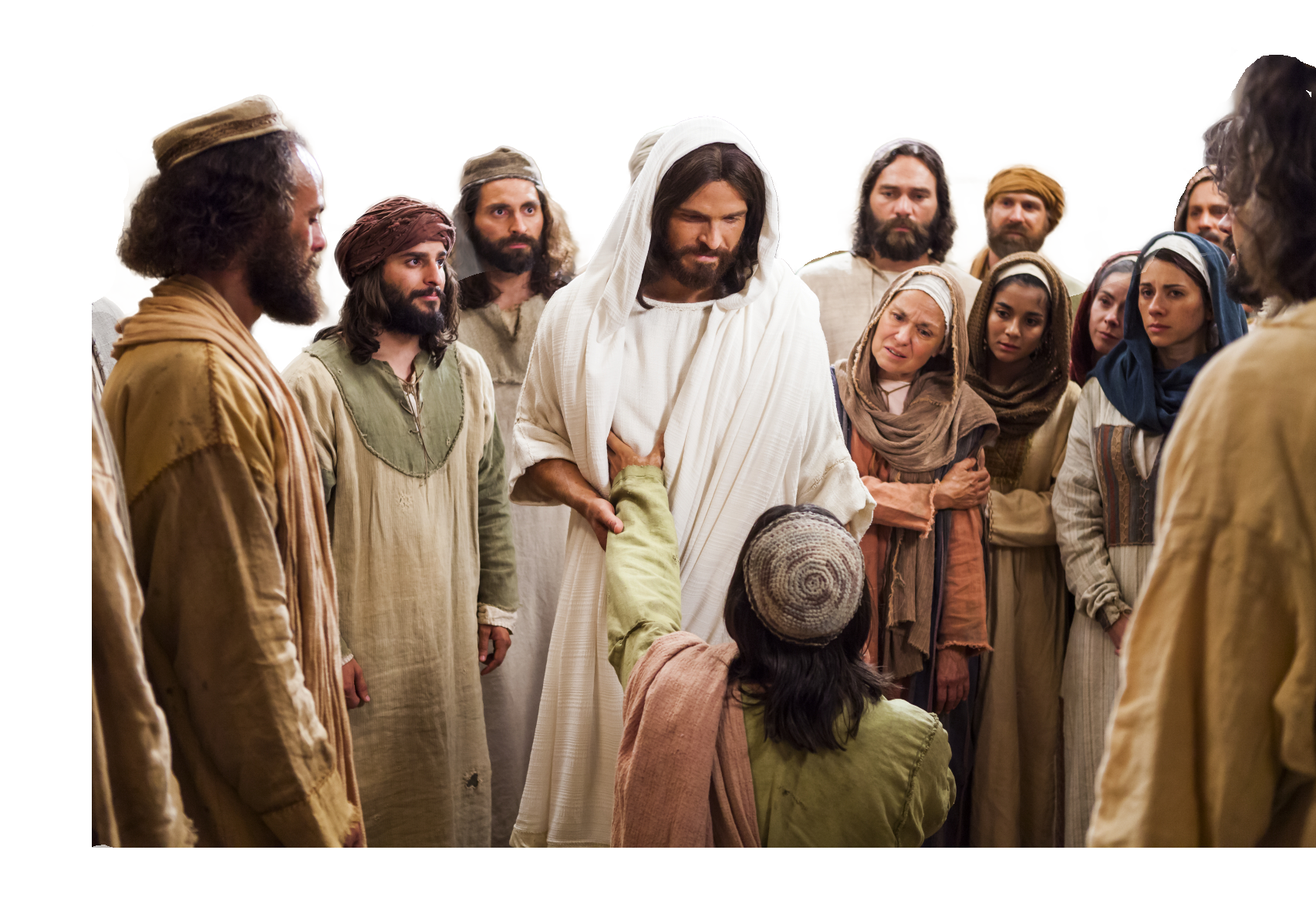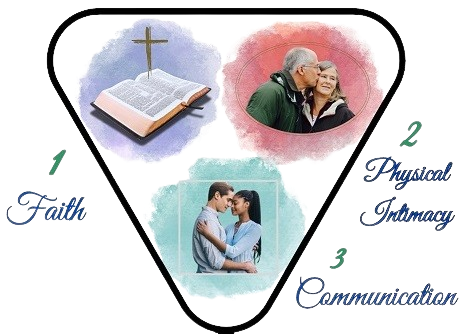Upcoming Memoir
With sexual scandals in the Church being far too common, we must examine the culture of secrecy that has enabled such behavior.
Learn more of this engaging story!

My mother made me this blue chalice which I used every time I celebrated mass. I requested Marian blue.

Former priest or still a priest?
When ordained to the priesthood, one is ordained for life. The sacrament of holy orders imbues an indelible mark, just like baptism. You cannot be unbaptized. You cannot be unordained.
"You are a priest forever in the order of Melchizedek" (Psalm 110:4).
A priest may voluntarily request to be laicized or receive a dispensation from the Pope to be relieved of his sacramental duties, such as if he wants to get married.1 But nevertheless he is still validly ordained and retains ALL his sacred abilities to perform sacraments validly, although not necessarily licitly.2
Although I chose to leave ordained ministry in the Church to pursue romance, marriage, and family, I am still a priest, to my own children and family and to all people.
Although I'm no longer involved in official ministry in the Church, if there is an accident on the highway and a victim requests to speak with a priest, I am still allowed and encouraged to come forward and minister to that person.
According to Canon Law, any priest can administer the Last Rites, which include the sacraments of confession, viaticum (holy communion), and anointing (sacrament of the sick) when the victim is in danger of death. These acts would be valid and licit2 in the eyes of the church, with full approval.
No longer a member of the organizational Catholic Church and no longer involved in sacramental ministry in that church, I am still an active priest who respects Jesus' mandate at ordination to minister to God's people and be the servant of all.
I see my work now of writing my memoir and blog posts as part of my priestly mandate. In fact, every Christian has the same priestly mandate, from either the ordained or royal priesthood, to contribute to the Kingdom in their respective priestly capacity (see 1 Peter 2:9—more on this in a later post).
— Father Paul
1Technically if he marries, the marriage is not recognized by the Catholic Church.
2 Licit and liceity, in Catholic parlance and in Canon Law, refers to that which is permissible, or that which is not illicit.
A note from the author
How this memoir is distinct
This coming-of-age story is a raw exposé of the sexual urgings I experienced, comingled with the desire to serve God as a celibate priest. I readily reveal the sins of the organizational Church without malice but rather a fierce love intent on reforming a flawed institution; this is my contribution to a more authentic experience of the Church Jesus intended.
- Paul




